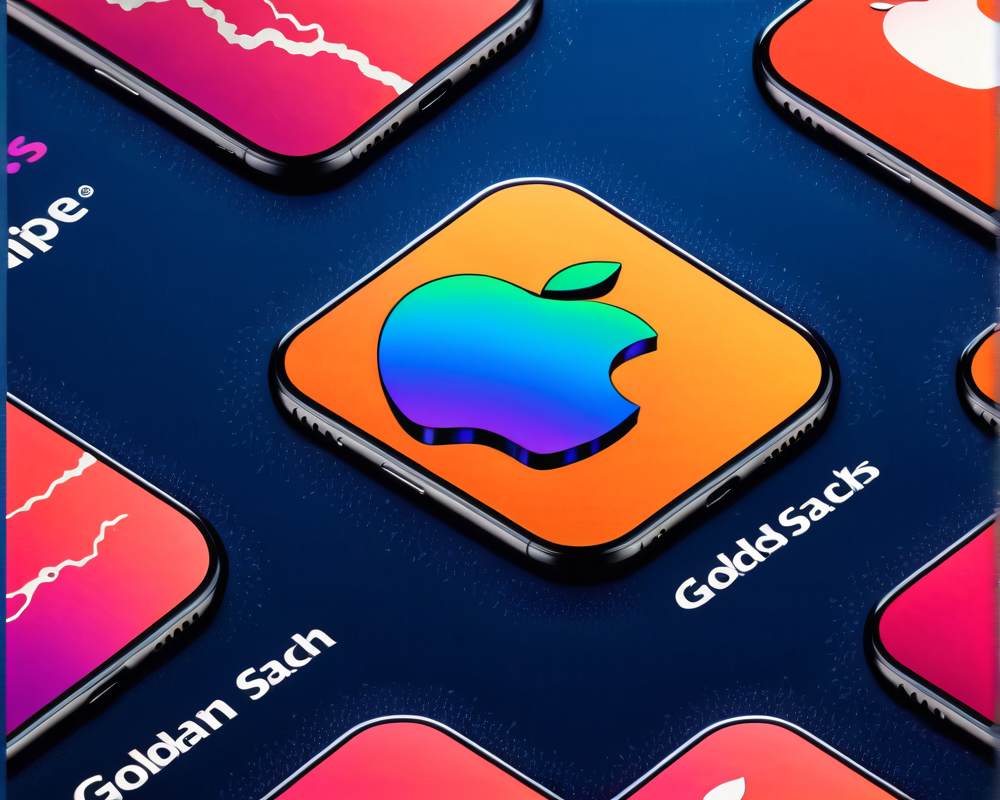Bitcoin – The Digital Gold
It’s been quite the journey since that fateful Halloween back in 2008 when Bitcoin first got its spooktacular start. Described variously as ‘digital gold,’ ‘magic internet money,’ and ‘the new tulip mania,’ Bitcoin has managed to wiggle its way into our wallets and consciousness alike. It’s like the little engine that could, only if the little engine was a super-secure, decentralized cryptocurrency.
Trade-offs – The Price of Choices
When Satoshi Nakamoto launched Bitcoin, the choices made were both brilliant and profoundly limiting. Sure, it’s marvelous at being money, but you wouldn’t want it running your house’s smart devices or voting for the next bearded celebrity in a reality show. These design decisions come with trade-offs, and Bitcoin has locked itself into a path that’s fantastic for financial transactions but leaves plenty of nonfinancial applications floundering in the deep end.
Room for Alternatives
While Bitcoin does its thing, there’s a whole wide world of blockchain applications awaiting exploration. Think about supply chain management or a more equitable social media platform – blockchain could illuminate these spaces. It’s like Satoshi opened the door for a tech revolution, but it’s waiting for the right folks to step through. No pressure, right?
Beyond Currency: Blockchain’s Hidden Talents
Let’s not put all our eggs in the Bitcoin basket. There’s a treasure trove of possible uses for blockchain technology. Here are some intriguing examples:
- Supply Chain Management: Imagine tracking every piece of avocado toast from its green, fleshy origins to your brunch plate. Blockchain can ensure transparency and safety in the supply chain.
- Prediction Markets: Ever wanted to bet on the outcome of a reality TV show? Blockchain-based prediction markets can allow user-bets on uncertain events, where legality can be as questionable as our taste in reality television.
- Social Media: What if we could escape the clutches of data-hungry giants? Blockchain could allow the users to own their data, returning the power to the people instead of the puppet masters.
The Consensus Conundrum
So, Bitcoin is great for financial transactions but doesn’t quite cut it for a variety of other uses. That’s where alternative consensus mechanisms come in. We’ve got a plethora of options—more choices than a fast-food menu on a Monday morning.
Shining a Light on Alternatives
Here are a few standards beyond Proof-of-Work (PoW):
- Proof-of-Stake (PoS): Stake your money, no need for a PhD in computer science. PoS makes validators put their tokens at risk, slowly bailing us out from the resource hog that is PoW.
- Delegated Proof-of-Stake (DPoS): Talk about democracy! Vote for your favorite delegates to keep the ledger. Less is more, but watch out for possible oligarchy!
- Proof-of-Capacity: Your hard drive is now cooler than your graphics card. PoC uses disk space instead of computing power, turning storage into gold in an eco-friendly way.
- Hashgraph Protocol: Not technically a blockchain, but who doesn’t love a gossiping network? Each device keeps its own ledger copy, which could mean a much more scalable solution.
Conclusion: The Future is Bright
Bitcoin has firmly established its place as a financial marvel, but let’s not forget – there are other fishes in this vast blockchain sea. As we dive into emerging consensus mechanisms and broaden our horizons away from PoW, it’s time to unleash the hidden potentials of blockchain technology. Who knows? The future might just be a blockchain-powered reality show where user votes are final – and nobody leaves with the last slice of pizza!



